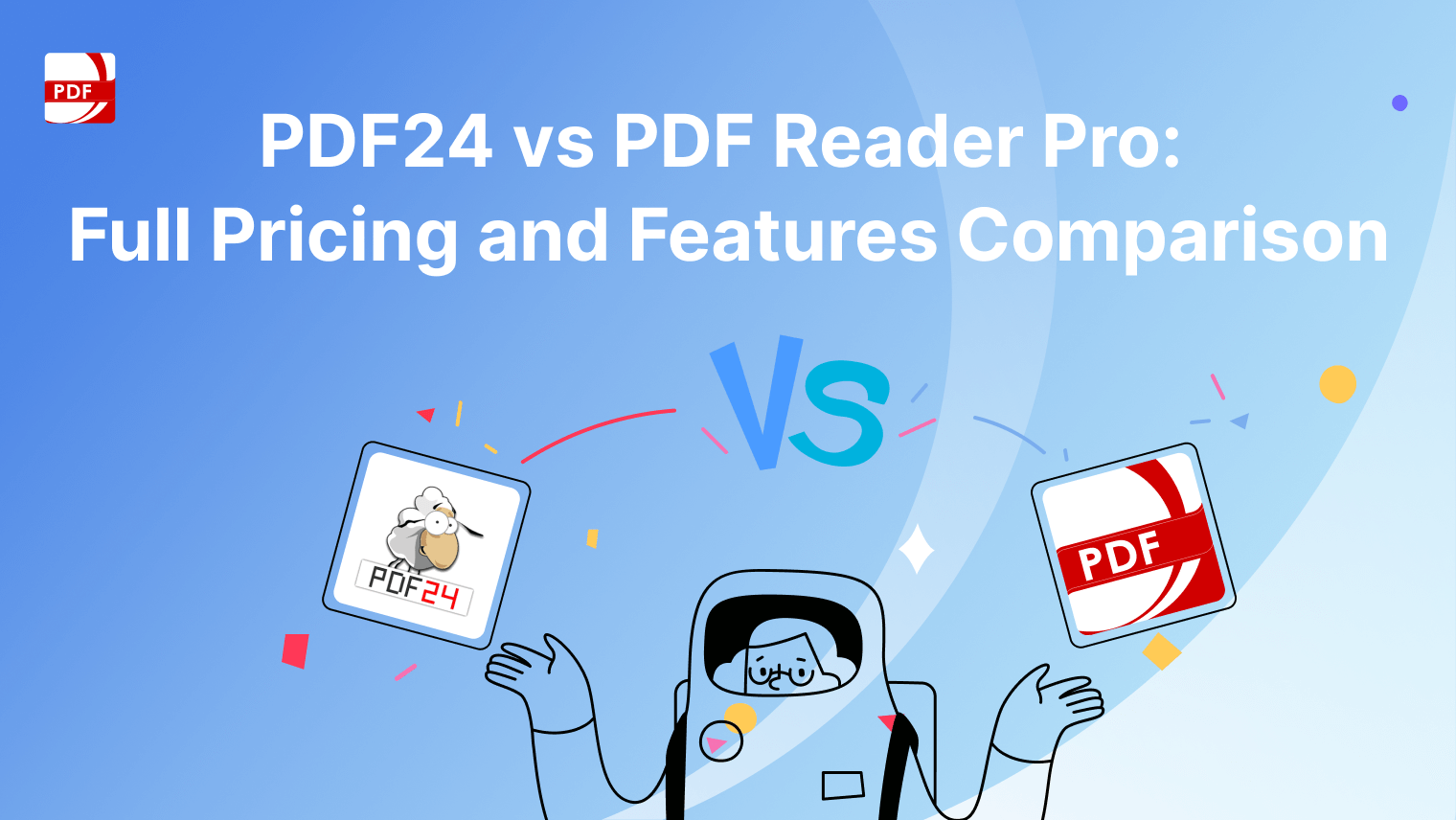We have all been there; needing to demonstrate professional experience and relevant skills to someone who doesn't know your job history or intended career path.
For any job application, we always start by looking at the job description to find out what relevant experiences and parts of your academic career you should add to your document.
But what is the difference between a Curriculum Vitae and a resume? You can look at some resume and CV examples on our blog.
Comparing CVs and Resumes
This table provides a concise overview of the main distinctions between a CV and a resume, helping individuals understand when to use each document type based on their specific needs and circumstances.
| Aspect | CV | Resume |
| Length | Longer, typically two or more pages | Shorter, usually limited to one or two pages |
| Content | Comprehensive, includes academic background, research, publications, presentations, awards, affiliations, etc. | Focused on key qualifications, work experience, skills, and achievements relevant to a specific job or industry |
| Purpose | Used in academic, research, or scientific settings for applying to academic positions, fellowships, grants, or research opportunities | Standard document for job applications in most industries, tailored to specific job openings |
| Geographic Usage | Commonly used in Europe, Africa, Asia, and the Middle East | Primarily used in North America |
The terms "CV" (Curriculum Vitae) and "resume" are often used interchangeably, but they have distinct differences in terms of length, content, and purpose:
1) Length
Some sites say there is a rule of thumb when it comes to the length of your application document (which is to keep it as short and simple as possible), there are slight differences between the lengths of CVs and resumes.
Curriculum Vitae
CVs tend to be longer and more lengthy document than resumes. They can range from two or more pages, especially for professionals with extensive experience or academic experience.
Resume
These are typically more concise, usually limited to one or two pages. They are focused on highlighting the most key skills, experiences, and accomplishments for a specific job or industry.

2) Content
Of course, grammatical errors should never be a part of your career action plan, but the content itself can differ in the way it navigates the standard format.
Curriculum Vitae
CVs include comprehensive information about an individual's academic background, research, publications, presentations, awards, honors, grants, affiliations, and other relevant details. They are commonly used in academic, research, scientific, or medical fields.
Resume
These focus on key qualifications, work experience, skills, and achievements relevant to a particular job or career field. They may also include sections such as a summary or objective statement, education, certifications, and professional affiliations.

3) Purpose
The main key difference that our team honed in on is purpose. There can be a notable difference in what is required by different companies, institutions or individual employers. Sometimes educational history may be key while in other cases your career background matters more.
Curriculum Vitae
These documents of professional success are typically used in academic, research, or scientific settings when applying for academic positions, fellowships, grants, or research opportunities. They provide a comprehensive overview of an individual's academic and professional achievements.
Resume
Resumes are the standard document used in most industries for job applications. They are tailored to specific job openings and emphasize relevant skills and experiences that match the requirements of the position.

Fill and Download Our Resume Template
Add everything from relevant work experience to your volunteer experiences that will draw the attention and impress a potential employer. You can also check out our different types of CVs if you prefer a longer document that you want to attach a cover letter to.
Did you know that you can download the latest version of PDF Reader Pro to edit different types of resumes on Windows and Mac operating systems? Simply click your relevant OS below:
While both CVs and resumes serve the purpose of showcasing an individual's qualifications, the choice between the two depends on factors such as the industry, geographic location, and specific requirements of the job application.
By combining the best of our cover letter templates and CV or resume outlines, you can put your best foot forward with your prospective employer or other professional organizations that you would like to work with.












 Free Download
Free Download  Free Download
Free Download 





 Support Chat
Support Chat